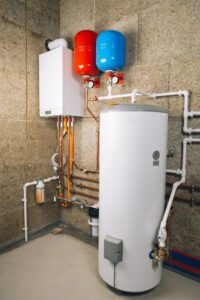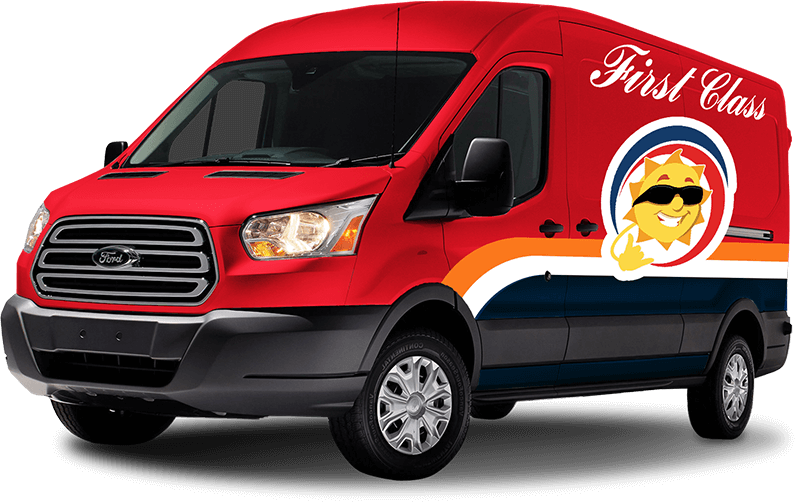WATER HEATER INSTALLATION AND REPAIR IN DELAWARE AND MARYLAND
ALL ABOUT WATER HEATERS
Ever wonder how your water gets heated enough to suit your need for a hot/warm shower or even being able to wash your hands at the kitchen sink during winter? These are possible because of water heaters. You probably aren’t interested enough in knowing how these things work but it is good to know some helpful tidbits just in case you need to have your heaters repaired or if you, somehow, turn out to be a water heater repairman or something close to that.
Water heating has been around for ages, it’s not a very hard process to do and you only need a few things to heat water or the temperature of your bath. People have been heating water from pots and cans long since the arrival of portable and practical water heaters. It was just a little more conventional back then, but it still holds the same concept. To increase the temperature of the water to dispel the cold and regulate body temperature room conditions. Water heaters have the advantage of storing heated water far longer than tankless water heaters and uses energy or gas at a relatively slow rate. That makes it so convenient to have warm water at hand and not wait for the pot to sing.
TYPES OF WATER HEATERS

Today, we have a number of water heater manufacturers and heater types all over the country and smaller and newer designs have been made to serve people’s needs better and easier. At First Class, we install and service the following types of water heaters:
- Conventional Tank Water Heaters: The most common type of water heater, which keeps a cylindrical tank full of hot water in your home at all times. These tanks can utilize electric, natural gas, propane, oil, solar or geothermal power to heat the water.
- Electric Water Heaters: The typical electric water heater is wired to a 220-volt circuit. To heat the water, the current passes through electrical-resistance heating elements — usually two, one at the middle of the tank and one at the bottom.
- Gas-Fired Water Heaters: A common alternative, which uses natural gas or propane. Instead of electrical-resistance elements, gas-fired heaters have a burner that’s fed gas through a control valve and a thermostat switch. There is a flame that ignites under the tank to heat the water.
- Tankless Water Heaters: With A tankless water heater, hot water is provided on an as-needed basis, which saves energy and in turn saves you money. Tankless water heaters are designed to heat water instantly and without the use of a tank. Usually, a tankless water heater draws its power from natural gas and propane. These water heaters are usually more efficient than conventional water heaters.
- Solar Water Heaters: Depending on where you live, a solar-powered water heater is another alternative solution. The solar collectors are installed outside your home, typically on a roof or nearby your home. Typically, these models are the direct-gain type, in which the water circulates through the flat solar panels. Other types may use dish or trough mirrors to concentrate sunlight on a collector tube filled with water, brine or other heat transfer fluid. A storage tank is placed either inside or outside the home to collect the hot water. The water is circulated by either a small pump or natural convection.
Call or email us today and let us help you decide which type of water heater is best suited for your home!
Call us for fast, reliable HVAC services! Find your local First Class today for fast, reliable HVAC services in your area!

